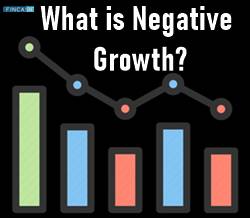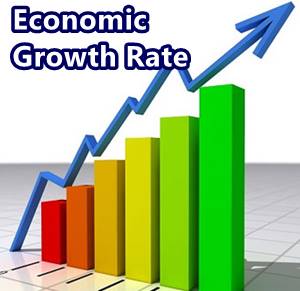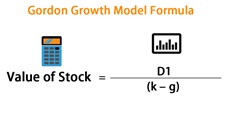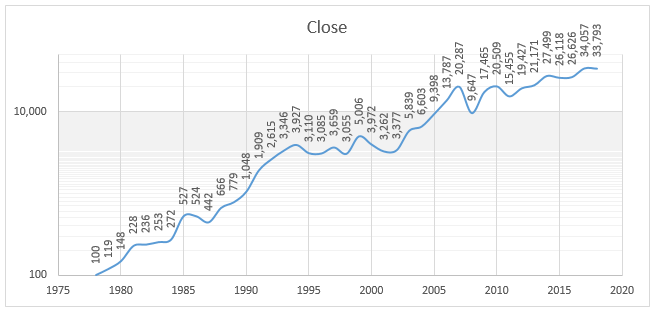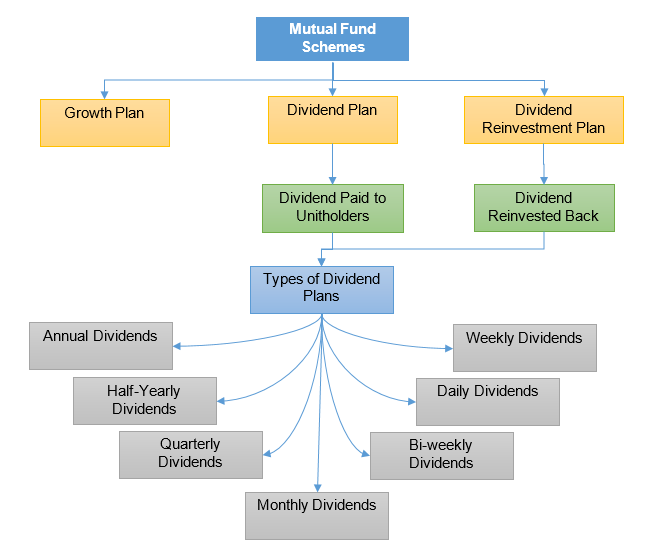
Table of Contents
What is Inorganic Growth?
Inorganic growth in business is when a company expands its operations through means other than organic growth. This includes acquiring other businesses, merging with other companies, or Investing in new technologies or processes. Inorganic growth can be a powerful tool for companies and investors looking to expand their reach and increase their Market share. However, it can also be a risky proposition as it can lead to high levels of debt and it can be difficult to integrate new businesses or technologies into an existing company.
Why is it Important?
If used properly, inorganic growth can be a powerful tool to help investors reach their goals. In business, it is important for a number of reasons, such as:
- It can help businesses expand their reach, enter new markets, and gain access to new resources
- Additionally, inorganic growth can help achieve Economies of Scale and become more efficient
Key Points to Remember
There are a few things to keep in mind when pursuing inorganic growth, such as:
It is important to have a clear strategic vision for why you are pursuing inorganic growth and what you hope to achieve
You need to be thoughtful about which businesses or assets you are putting your money into. Not all inorganic growth opportunities will be a good fit for your business
You need to be prepared to integrate the acquired business or asset into your existing operations
Ready to Invest?
Talk to our investment specialist
What are your Options for Inorganic Growth?
As mentioned above, inorganic growth can occur through mergers, acquisitions, joint ventures, and other strategic alliances. Each option has its own benefits and drawbacks, so it is important to carefully consider which option is right for your company.
Mergers and Acquisitions
It is the process of combining two or more companies into one company. It can also be used to refer to the purchase of one company by another company. Mergers and acquisitions can be a great way to quickly grow your business, but they can also be very costly and complicated
Joint Ventures
It is a business arrangement in which two or more parties agree to cooperatively manage, finance or operate a business enterprise. Joint ventures can be a good way to pool resources and expertise, but they can also be difficult to manage.
Strategic Alliances and Partnerships
Strategic alliances and partnerships are collaborative arrangements between two or more organizations that are formed to achieve mutually beneficial objectives. They can be a great way to form new relationships and tap into new markets, but they can also be very risky
Licensing
Licensing is a type of inorganic growth strategy where a company grants another company the right to use its intellectual property in exchange for a fee. This can be a great way for businesses to expand their reach and generate additional revenue without having to invest in developing new products or services. However, they can also be very restrictive.
Ultimately, there is no one-size-fits-all solution when it comes to business relationships. It's important to carefully consider all of your options and choose the one that is right for your company and your goals.
Pros and Cons of Inorganic Growth
On the plus side, inorganic growth can help a company expand its reach and scale quickly. Additionally, it can provide access to new markets and customer segments. On the downside, inorganic growth can be expensive and it can be difficult to integrate new businesses into the existing company culture. It can also be challenging to maintain control over a company that is growing quickly through inorganic means. Ultimately, the decision of whether or not to pursue inorganic growth should be made based on carefully considering the company's specific needs and goals.
Ways to Acquire New Customers without Organic Growth
There are a number of ways to acquire new customers without organic growth -
- One way is to purchase customer lists from third-party providers
- Another way is to use lead-generation services, which can help you identify potential customers through their online behaviour
Once you have a database of leads, you can use email marketing, telemarketing, or direct mail to reach out to them and convert them into customers. You can also run targeted advertising campaigns on social media or search engines to reach new potential customers who are not already aware of your brand.
Conclusion
When a company grows organically, it is normally dependent on the growth of the market it is in. However, if the company grows inorganically, it can provide more opportunities for a company to grow and therefore, it may be less dependent on the overall market. In the end, it can be concluded that inorganic growth is important because it increases a company's total sales and helps the company stay competitive in the market.
All efforts have been made to ensure the information provided here is accurate. However, no guarantees are made regarding correctness of data. Please verify with scheme information document before making any investment.

